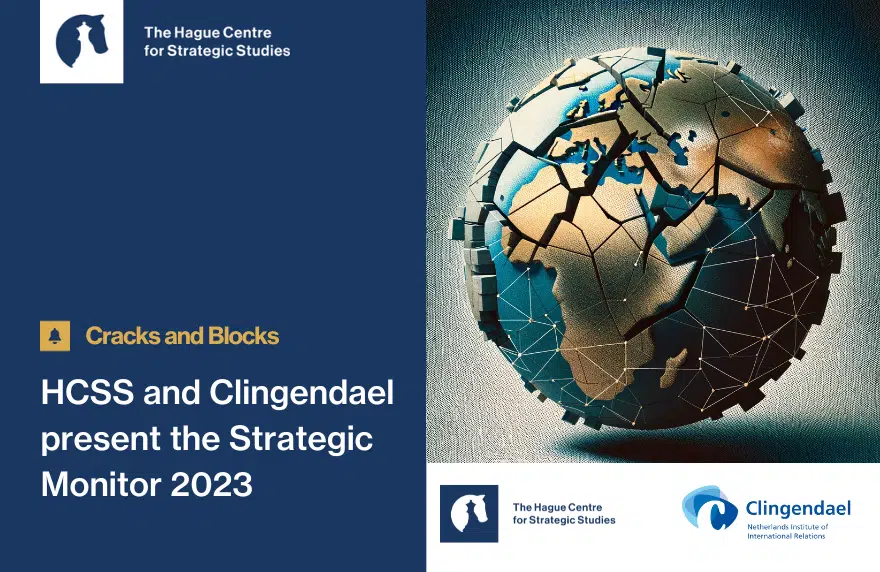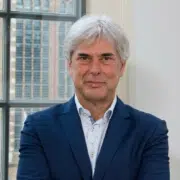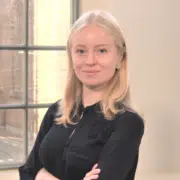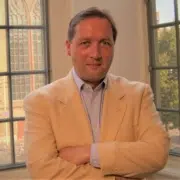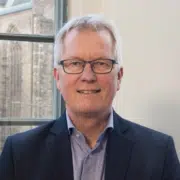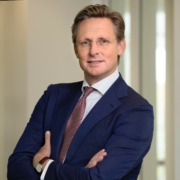To what extent can Europe – especially through the EU and NATO – develop as a geopolitical actor to safeguard its interests? On Monday, the Minister of Foreign Affairs, Hanke Bruins Slot, received the new Strategic Monitor from HCSS and the Clingendael Institute, the annual report that monitors trends and developments in the international order that influence the national security interests of the Netherlands and Europe.
Tomorrow’s world is one of cracks and blocs. In this world of mounting conflicts of interest, great powers will increasingly clash in the political, economic and possibly military domains. Competition and confrontation will prevail more and more over cooperation. Amidst this multifaceted great power competition, the risk of the outbreak of regional conflicts fought by small and medium powers will also be amplified.
At the same time, cooperation to protect vital interests remains vital. But contemporary partnerships are less founded on a global or multi-lateral basis. Instead, they take shape within broader blocs of predominantly like-minded states or within ad hoc coalitions of countries with specific interests that (temporarily) overlap. In broad terms, we currently see the world being divided in a Western bloc, a China-led Eastern bloc and a large group of non-aligned countries.
The West is formed by the transatlantic partners the US, Canada and Europe, together with Australia and New Zealand, and (with some reservations) supplemented by Japan, South Korea and Taiwan. With the Belt and Road Initiative, China is connecting a growing group of countries in Southeast Asia, Central Asia and Africa. Russia claims independent superpower status but is gradually becoming more dependent on China. Finally, there is the group of non-aligned countries consisting of small and medium powers with great demographic and economic potential. This diverse group of countries, informally led by India which presents itself as the ‘Voice of the South’, refuses to conform to the process of bloc formation. Depending on the interests at stake, individual countries consciously follow their own course on a case-by-case basis.
After a long period of globalization, mutual dependencies between core players in these blocs are historically high. But with the geopoliticization of international relations, nations will want to reduce these dependencies in the coming years, specifically in ‘strategic’ sectors.
The dynamics of confrontation and cooperation naturally differ for each of the four themes that are elaborated in more detail in this Monitor.
- Conflict and war. For over thirty years, the world has not seen as much armed conflict as today. Intrastate conflict is rampant in hotspots around the world, including in the periphery of Europe. In an unsafe world, bloc and coalition formation is increasingly based on power politics and aimed at protecting one’s security and promoting one’s national interests. A major conventional war between military powers is no longer unthinkable, while local conflicts become linked to global and regional power competition, causing intrastate conflicts to internationalize, thus becoming larger in scale and more deadly in nature. The world, and certainly Europe, is actually becoming less secure.
- Economy and prosperity. The geopoliticization of trade between China and the US is accompanied by zero-sum thinking, increasing protectionism, and transactional behaviour. Europe is being sucked into this dynamic. It is forced to introduce increasingly restrictive economic measures, including security-based industrial policies to reduce dependence on geopolitical rivals in strategic sectors. Strategic shocks, such as a Sino-American war over Taiwan, may result in an abrupt economic decoupling between China and the West. This will lead to unprecedented economic costs, worldwide and in Europe.
- Sovereignty and interference. In the world of cracks and blocs, a further increase in state interference and influencing activities aimed at Western democracies and societies is inevitable. Linked to (1) growing (technological) possibilities, also/especially for non-state actors; and (2) the emergence of a, partly legal, service sector able to carry out influencing activities on a commercial basis, the threat to the Netherlands and Europe posed by undermining political and social processes is becoming more real and comprehensive.
- Climate and security. COP28, concluded at the end of 2023, once again showed that global cooperation in the field of climate mitigation is fragile. The plans and commitments may be just enough to keep global temperature rise within the agreed limits. In practice, however, it is extremely unlikely that all commitments will be met. Over the next five years, the focus of climate efforts will shift from mitigation to adaptation, aimed at strengthening the resilience of countries to withstand the consequences of climate change. This will lead to further geopoliticization of the climate dossier. In the world of cracks and blocs, richer countries’ international budgets for climate adaptation will be used as a tool to bind recipient countries.
From the perspective of the Netherlands and/in Europe, the following question is of great importance across all themes. To what extent can Europe – especially through the EU and NATO – develop as a geopolitical actor to safeguard its interests (including values and norms, and ‘our way of life’), while acting together with the US where possible? Internal factors largely determine the scope for this: the influence of nationalist parties in Europe and the possible return of Trump to the White House could undermine European cooperation and Europe’s geopolitical clout. Important questions arise in the field of power politics to promote our interests in a political, economic and military sense, territorial politics to protect national and European borders and identity politics to make Europe’s collective identity function as an attractive model.
In the world of cracks and blocs, Europe’s natural inclination towards soft power must be supplemented with a robust and credible dose of hard power. Military strength is a vital prerequisite for this, combined with the political willingness to use it as a means of defence, deterrence and, when necessary, coercion.
Geography has once again become an important factor. Innovation, supply and manufacturing chains must be scrutinized to reduce vulnerabilities and dependencies on geopolitical rivals. The geography of armed conflict, and its consequences, also requires an investment in the protection of Europe’s external borders. In addition to physical border infrastructure and border control, this also concerns regional hosting of refugees and legislation in the field of migration and asylum.
Against the background of all this, identity politics plays an important role, especially in the current era of rising nationalism. A fundamentally neglected dimension in the European geopolitical project concerns Europe’s collective identity, which has an important function both internally and externally. Internally, it is about a narrative that does justice to our continent’s diverse national identities and cultures while simultaneously offering bonding through a common notion of individual freedom, underpinned by core institutions shared by European member states. Externally, it is about promoting a European vision of an international order that resonates with the leaders and populations of small and medium-sized powers in the geopolitical battle of narratives –potential partners in the burgeoning world of cracks and blocs.


